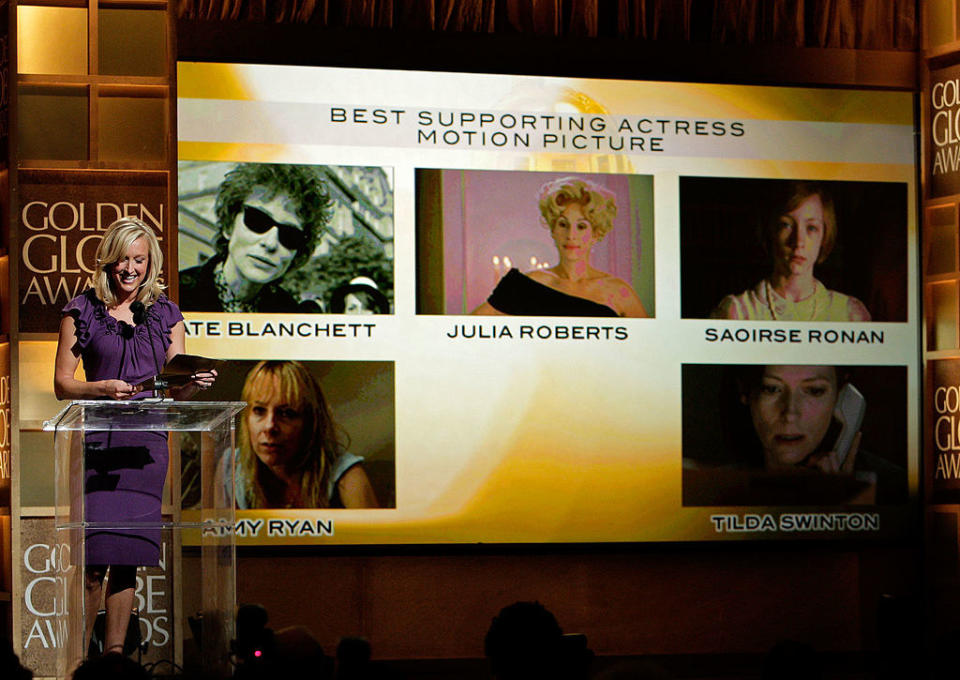19 Ways Beloved Shows And Movies Were Affected By The 2007-08 Writers Strike, Showing Just How Valuable Writers Truly Are
- Oops!Something went wrong.Please try again later.
- Oops!Something went wrong.Please try again later.
- Oops!Something went wrong.Please try again later.
- Oops!Something went wrong.Please try again later.
As of Tuesday, May 2, about 11,500 film and television writers who are represented by the Writers Guild of America are on strike. You can read a full explainer here, but in essence, they voted to strike after the Alliance of Motion Picture and Television Producers failed to reach an agreement with them.
The last WGA strike, which was largely a protest against how little writers were paid for content distributed online through other new media, lasted from November 5, 2007 to February 12, 2008. Its effects echoed across many different shows, including long hiatuses and shortened seasons for many scripted series. However, it also had other effects, all of which go to prove how valuable writers are and, of course, how deserving they are of fair pay.
Here are 19 ways the 2007-2008 writers strike impacted beloved TV shows, demonstrating how valuable writers are:
1.Production on new episodes of The Office was put on hold after, in a display of solidarity with the striking writers, Steve Carell continuously called out sick with a case of "enlarged balls."
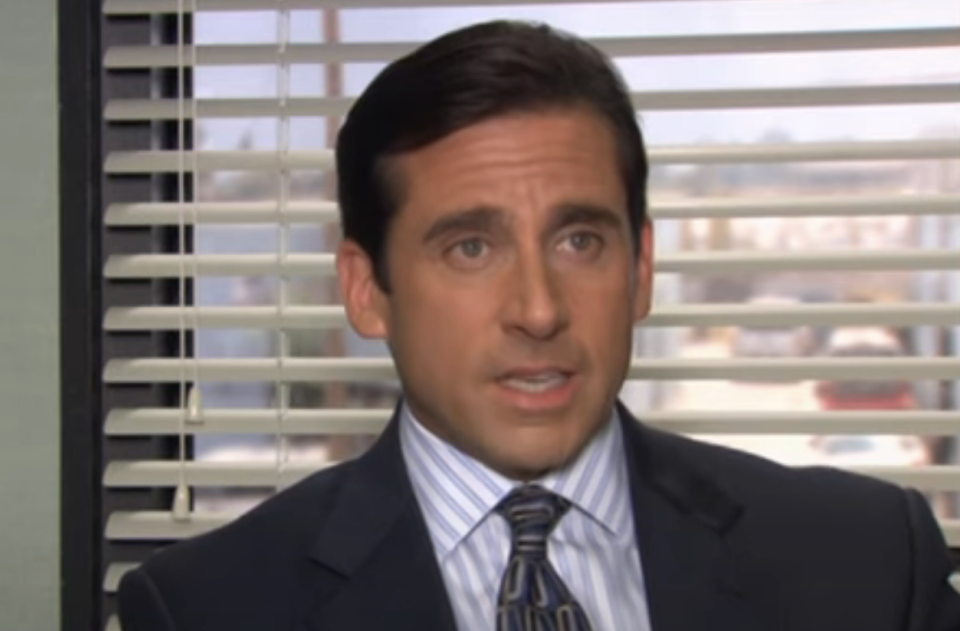
2.Breaking Bad had to cut its first season short. Only seven episodes had been filmed. However, contrary to popular belief, the strike didn't save Aaron Paul's character, Jesse Pinkman, from being killed off.

Series creator Vince Gilligan had already decided to keep him alive before the strike because of how great Paul was in the role.
3.After the strike, the CW canceled Girlfriends because the network decided to only continue producing shows it planned to renew for another season. The series was deemed too expensive to continue, and it never got the finale it deserved.

4.Family Guy series creator Seth MacFarlane was a vocal supporter of the strike. Fox took control of the show and produced three episodes without his input or approval.
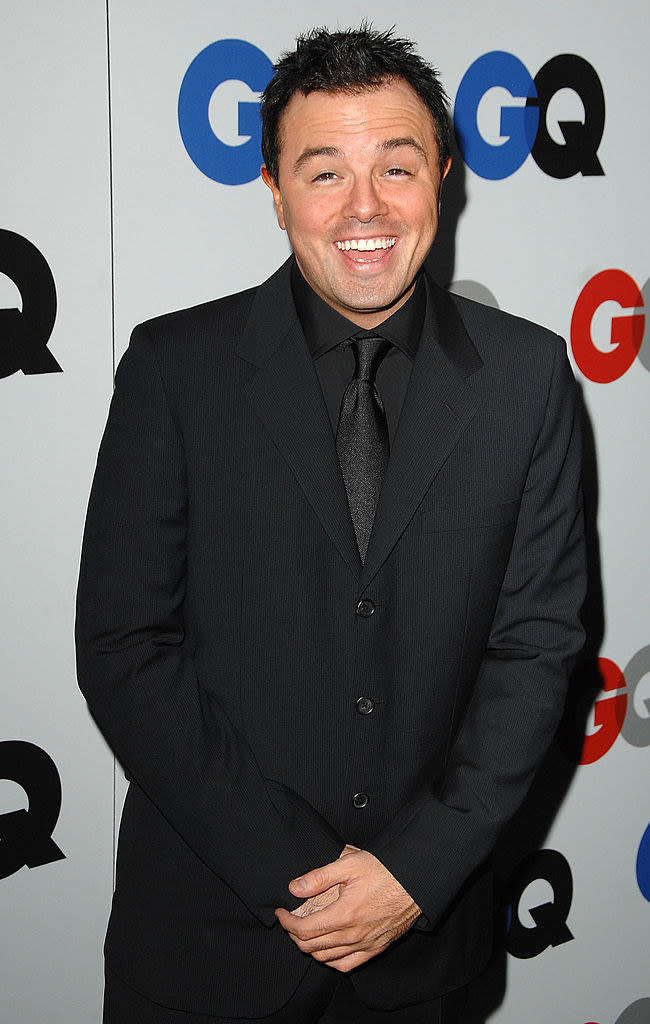
When Family Guy first entered production, he was part of a strike to force the studio to allow animated sitcoms to join WGA.
At a 2007 WGA rally, he called out Fox for firing all the assistants (who were the lowest paid staff members) two and a half days into the strike. He said, "I would urge all showrunners whose assistants are terminated, if you have the means, keep paying your assistants because this strike is about the little guys. ... There is a huge misconception about Hollywood writers. The vast majority are not millionaires. They are middle class. They live in homes that, to me, look like the house I grew up in, and my parents were teachers. These royalties will make a big difference to them, and paying them will not make a difference to the corporate bigwigs, except maybe they can't afford to paint that unicorn on the side of their private jet."
5.For many shows, a long hiatus negatively impacted their viewership. For example, the first season of Terminator: The Sarah Connor Chronicles was cut short, and, after an extended break, lost 50% of its ratings.
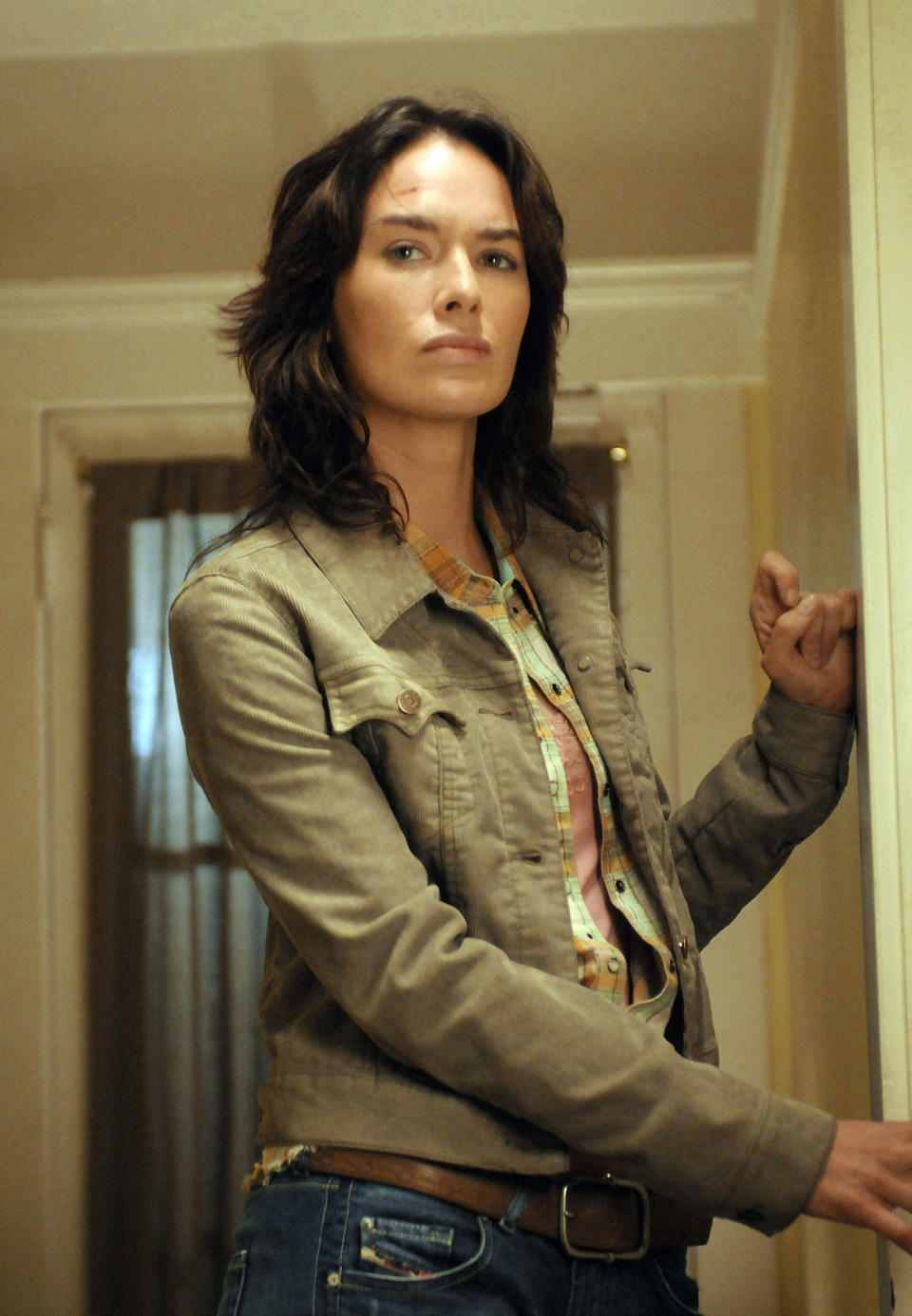
On Twitter, screenwriter Zack Stentz said, "We never really recovered."
6.According to actor Minnie Driver, The Riches was canceled "in the wake of punitive measures taken against writers who were vocal in the writers strike in 2007."

On Twitter, she said, "Lunacy. I'd make this show again in a heartbeat."
Previously, FX claimed that the show was canceled because of a significant drop in ratings in the second season, which was cut nearly in half because of the strike.
7.The soap opera All My Children continued production and planned to air new episodes written by non-union writers. In protest, WGA members spent several days picketing outside ABC's New York headquarters.

8.Power Rangers Jungle Fury was mid-production, and, though the writers rushed to finish a few episodes, they were reportedly replaced by strikebreakers and non-union writers for the duration of the strike.
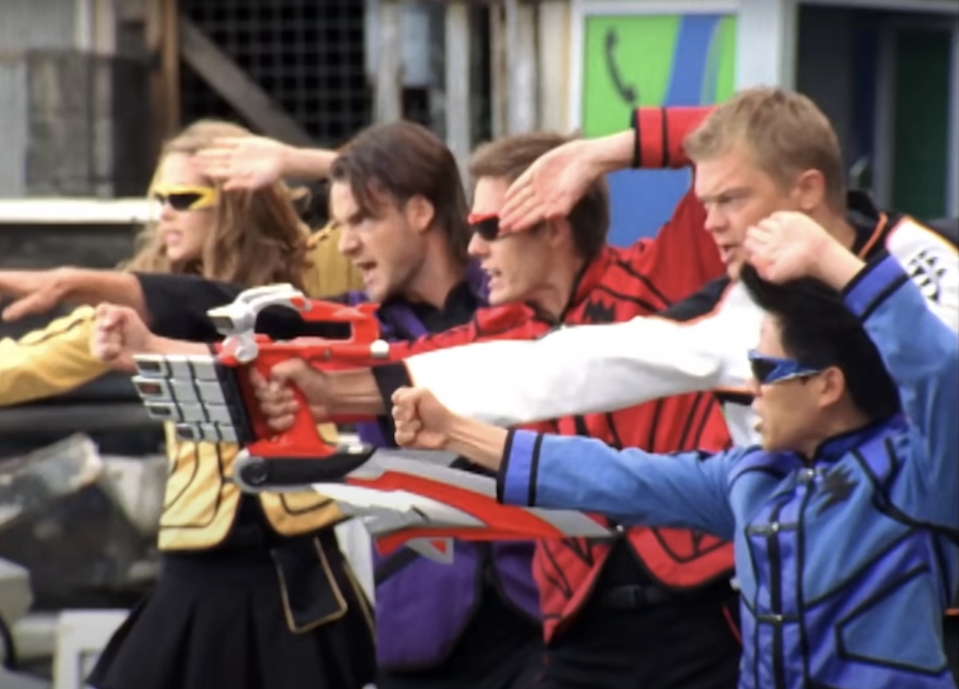
9.After two months off air in support of the strike, Late Night with Conan O'Brien resumed production without its writers. However, in place of scripted segments, O'Brien goofed around to fill the airtime. His "unwritten version of late night" included giving a tour of his office, going over to MSNBC to irritate Brian Williams, tossing snacks to the audience, ziplining, and bringing on a physics professor from MIT to help him beat his wedding ring-spinning high score.
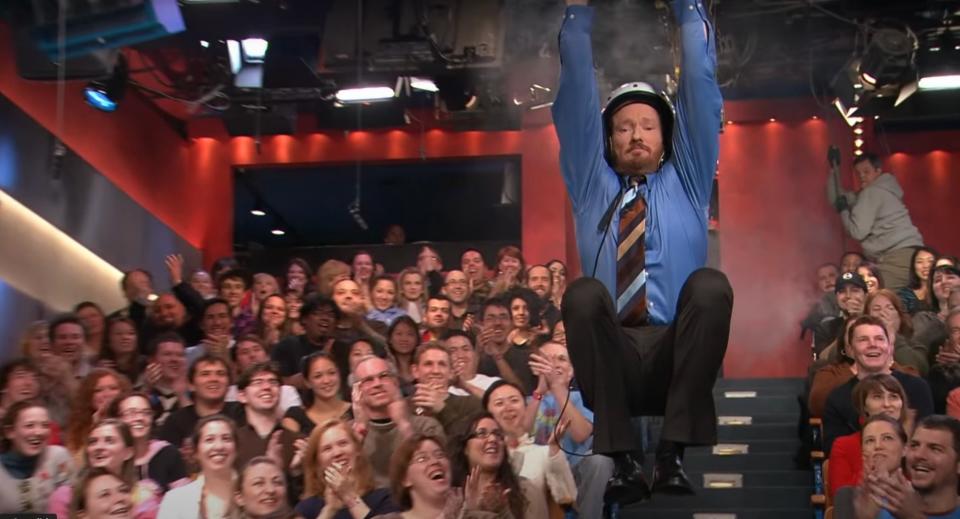
He also reportedly paid his staff out of pocket during the show's hiatus.
In a statement, he said, "For the past seven weeks of the writers strike, I have been and continue to be an ardent supporter of the WGA and their cause. My career in television started as a WGA member, and my subsequent career as a performer has only been possible because of the creativity and integrity of my writing staff. Since the strike began, I have stayed off the air in support of the striking writers while, at the same time, doing everything I could to take care of the 80 non-writing staff members on Late Night."
You can watch the first monologue he gave after returning to air below. The first of several bits he did about spinning his wedding ring starts at the 10:10 mark:
10.Ellen DeGeneres only took one day off from The Ellen Show before resuming production because of contractual obligations, but she felt she wasn't breaking the rules of the strike because she was writing her monologues herself. However, following criticism from the east coast branch of WGA, she scrapped plans to move filming to New York and remained in Burbank.

11.Jon Stewart also continued The Daily Show sans writers, but he temporarily changed the show's name to A Daily Show in solidarity.
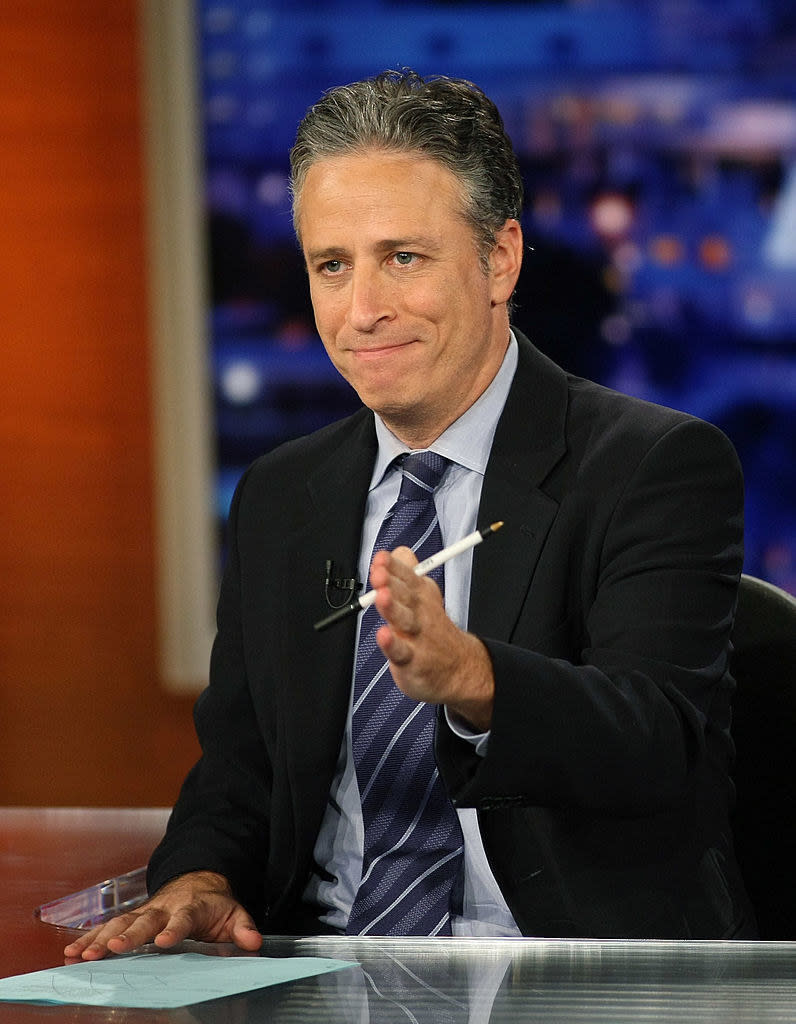
On air, he continuously referenced the strike.
On the second episode, he said, "We miss our writers terribly, and we hope they get back here soon."
Later, he joked, "Here's the problem: Without the writers, any movie reference that I make is going to be from the '80s."
12.The Colbert Report resumed production, too, but Stephen Colbert made a point of showing off his empty teleprompter.
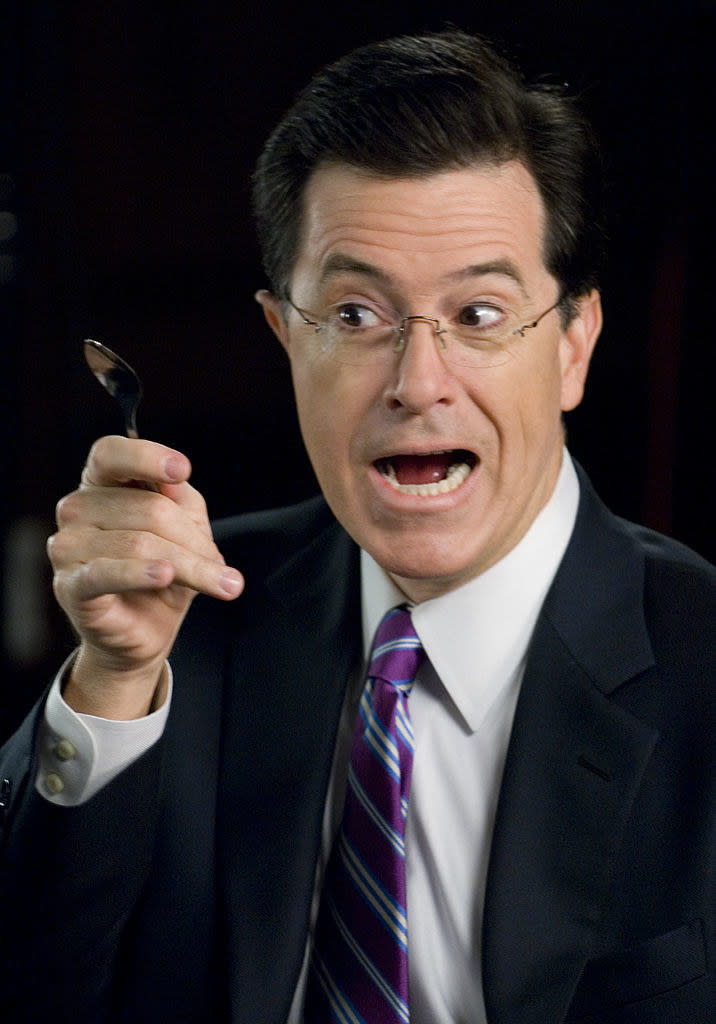
13.The Tonight Show Starring Jay Leno also returned after a month and a half hiatus because the non-writing staff had been laid off, and Leno wanted them to be able to go back to work.
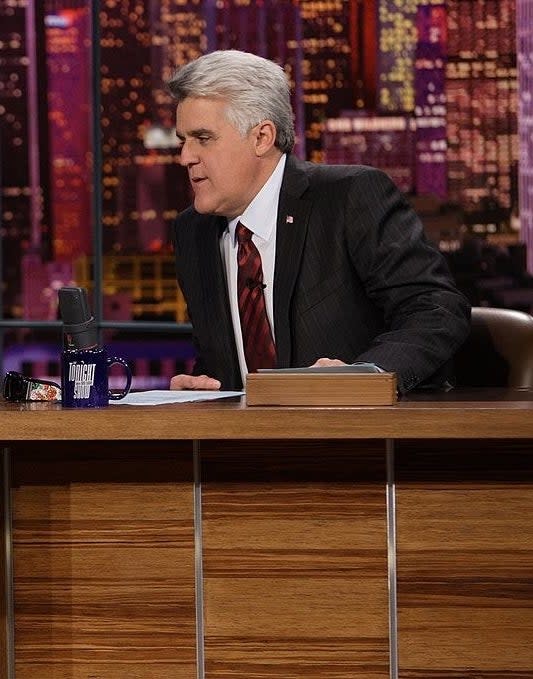
In a statement, he said, "This has been a very difficult six weeks for everybody affected by the writers strike. I was, like most people, hoping for a quick resolution when this began. I remained positive during the talks, and while they were still at the table discussing a solution, The Tonight Show remained dark in support of our writing staff. Now that the talks have broken down and there are no further negotiations scheduled, I feel it’s my responsibility to get my 100 non-writing staff, which were laid off, back to work. We fully support our writers, and I think they understand my decision."
In a responding statement, the WGA said, "NBC forcing Jay Leno and Conan O’Brien back on the air without writers is not going to provide the quality entertainment that the public deserves. The only solution to the strike is a negotiated settlement of the issues. If the AMPTP won’t come to the table, then it’s time for responsible companies to come forward and negotiate a fair deal."
14.A few weeks into the strike, David Letterman's company, Worldwide Pants, reached its own agreement with WGA to allow Late Show with David Letterman and The Late Late Show with Craig Ferguson to resume production with their full writing staffs in tact.

15.It affected movies, too. Quantum of Solace only had "the bare bones of a script" when filming began. They were unable to hire any screenwriters, so lead actor Daniel Craig tried to rewrite scenes himself. However, he was self-admittedly not very good at it.
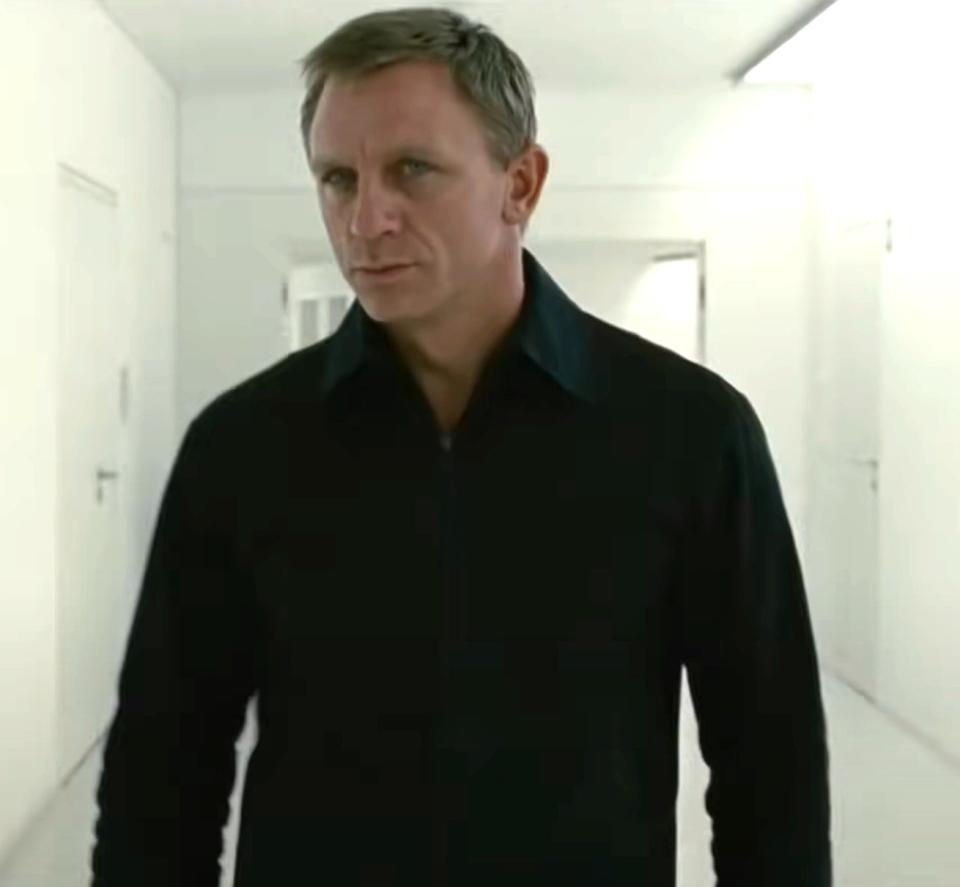
The movie was heavily criticized for being hard to follow.
16.Because of a time crunch caused by the strike, director Michael Bay turned an outline into a script for Transformers: Revenge of the Fallen himself.

17.Director George Miller was set up to helm the new DCEU with plans for Justice League: Mortal well under way. However, the strike meant that the screenplay couldn't be finished, and after more setbacks, the film was ultimately canceled.
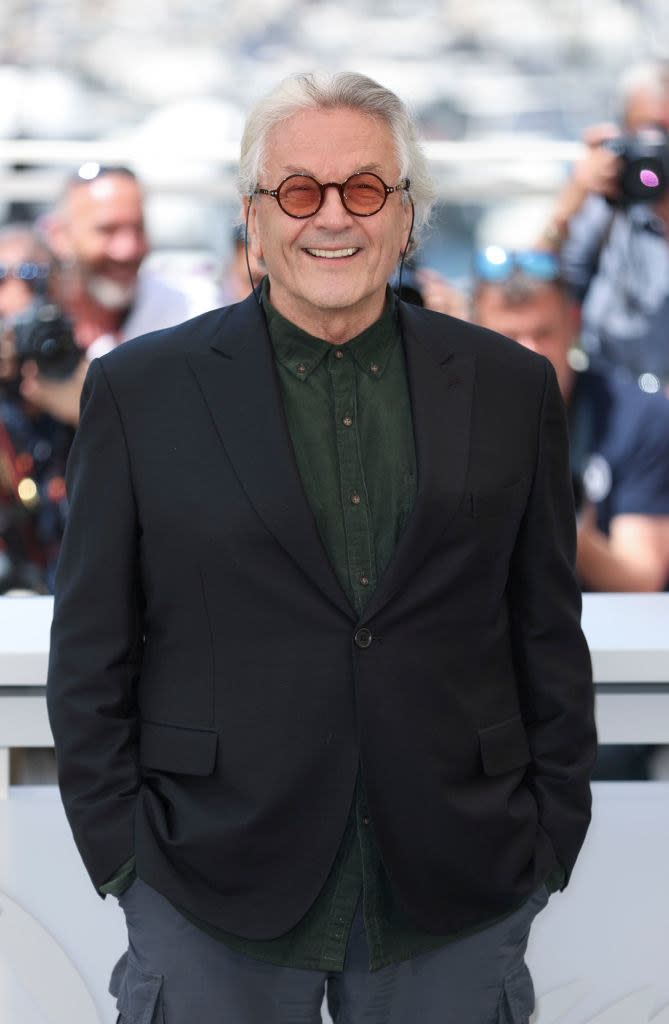
He told the Hollywood Reporter, "We had to cast it very quickly, which we did with Warners‘ casting people. And we cast it really quickly, and we mounted it very quickly. And it depended on a start date, and it depended on some basic rebate legislation that had just got through a new Australian government. But it was just too big a decision for them to make in the time. And that fell through, and the whole film fell through. We almost got there. And it wasn’t to be."
18.Warner Bros. pushed back the release of Harry Potter and the Half-Blood Prince eight months.

In a statement to Entertainment Weekly, the studio said, "[L]ike every other studio, we are still feeling the repercussions of the writers strike, which impacted the readiness of scripts for other films — changing the competitive landscape for 2009 and offering new windows of opportunity that we wanted to take advantage of. We agreed the best strategy was to move Half-Blood Prince to July, where it perfectly fills the gap for a major tent pole release for mid-summer."
19.And finally, instead of a formal ceremony, the 2008 Golden Globes was simply a press conference because the WGA denied a waiver (like they'd granted for the Academy Awards) to allow writers to work on the awards show.
